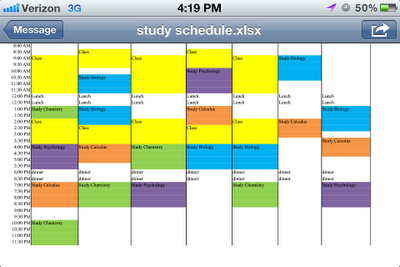Parting Ways and Moving On
Here is what you can expect for your next academic year, depending on your situation! If you will be:- A Sophomore with a major declared in the College of Arts Sciences your new advisor will be a faculty member who teaches in your major. Your file will be forwarded to your new advisor in June and you will be emailed with his or her contact information. If you are not sure where to go for help, you can always call the advising center and we can direct you!
- A major declared in CAS with fewer than 27 credits you will remain in the CAS Advising Center until you have enough credits to earn sophomore standing.
- Declaring a major in the Kania School of Management you will now be advised by the KSOM Advising Center. They are located in Brennan 206 and can be reached at 570-941-6100.
- Declaring a major in the Panuska School of Professional Studies you will be advised by the CPS Advising Center. They are located in McGurrin 101 and can be reached at 570-941-6390.
- Not ready to declare a major you will be placed in the Exploratory Program. You will continue to be advised by the CAS Advising Center. However, because it is more critical that we help you determine your passion and chose a major, we will be expecting more of you. You will be assigned to work with a specific CAS advisor and will need to comply with the requirements of the program. Watch your mail during the month of June for more information on these requirements. You can also follow this link for more information!
- A Sophomore with a low major GPA you will be placed into the Goal Attainment Program. For most majors, you must maintain a 2.0 in the courses specifically designated major classes. However, some majors have higher standards. If you fail to meet these standards at the end of the Spring Semester, the Dean of CAS can remove you from your major and place you into Goal Attainment. You will be assigned to work with a specific advisor in CAS Advising and will have a lot of work to do. Your advisor will work closely with you to determine if you are struggling in your major because it is not a match for your interests and abilities or because you need some help getting on track. You will be informed by mail in June if you are placed into the Goal Attainment Program. You can also follow this link for more information.
Goodbye Doesn't Have to Be Forever
It is always bittersweet when the academic year ends. The other advisors and I are pleased to see our students transitioning to the next stage in their academic careers and lives but we develop strong bonds with our students so it's never easy to say goodbye. Please know that while we won't have your advising file and can't help you in most official capacities after June, we still want to hear from you. Keep in touch and let us know if we can help you in any way!Katie Robinson
CAS Academic Advisor
katherine.robinson@scranton.edu


